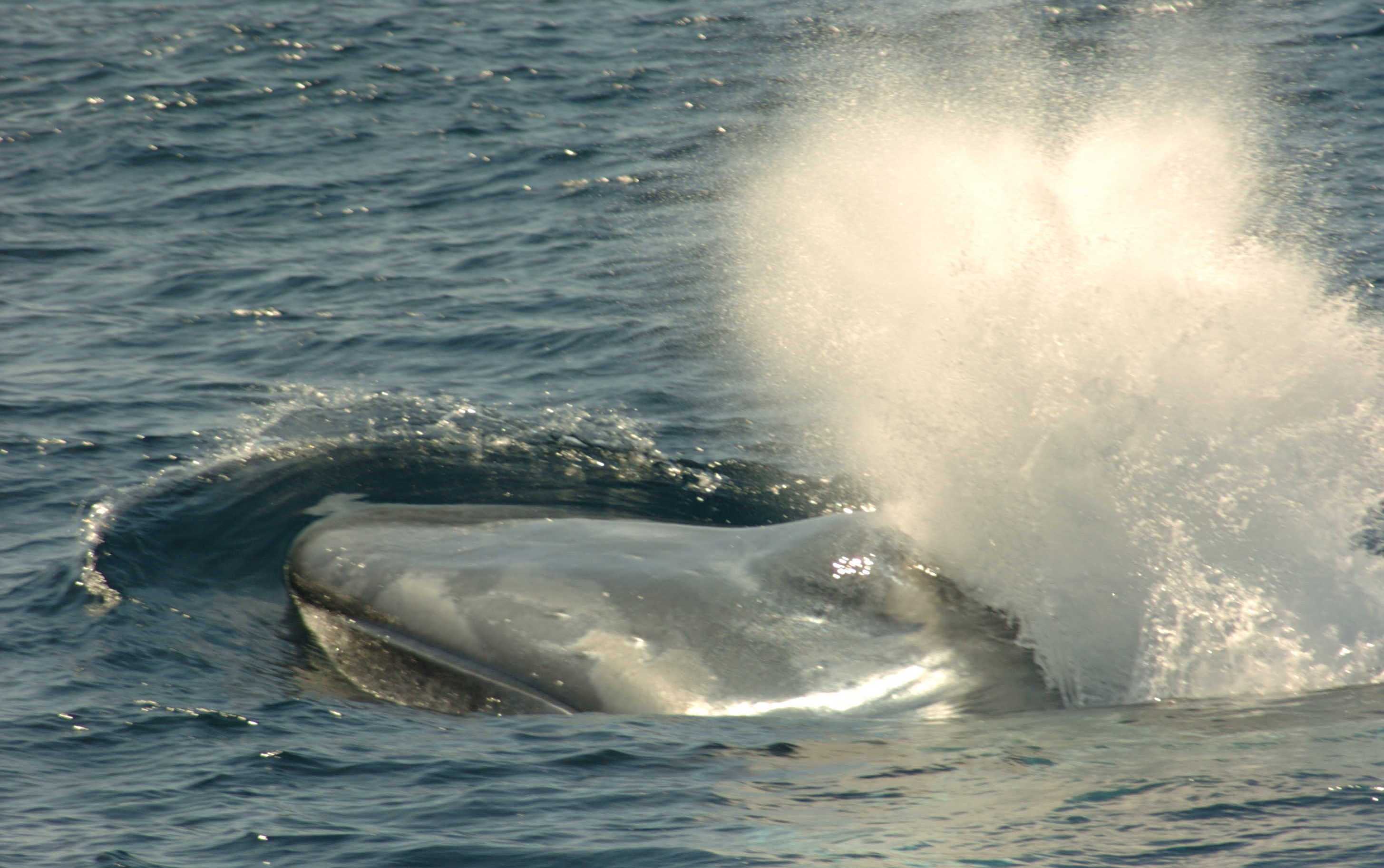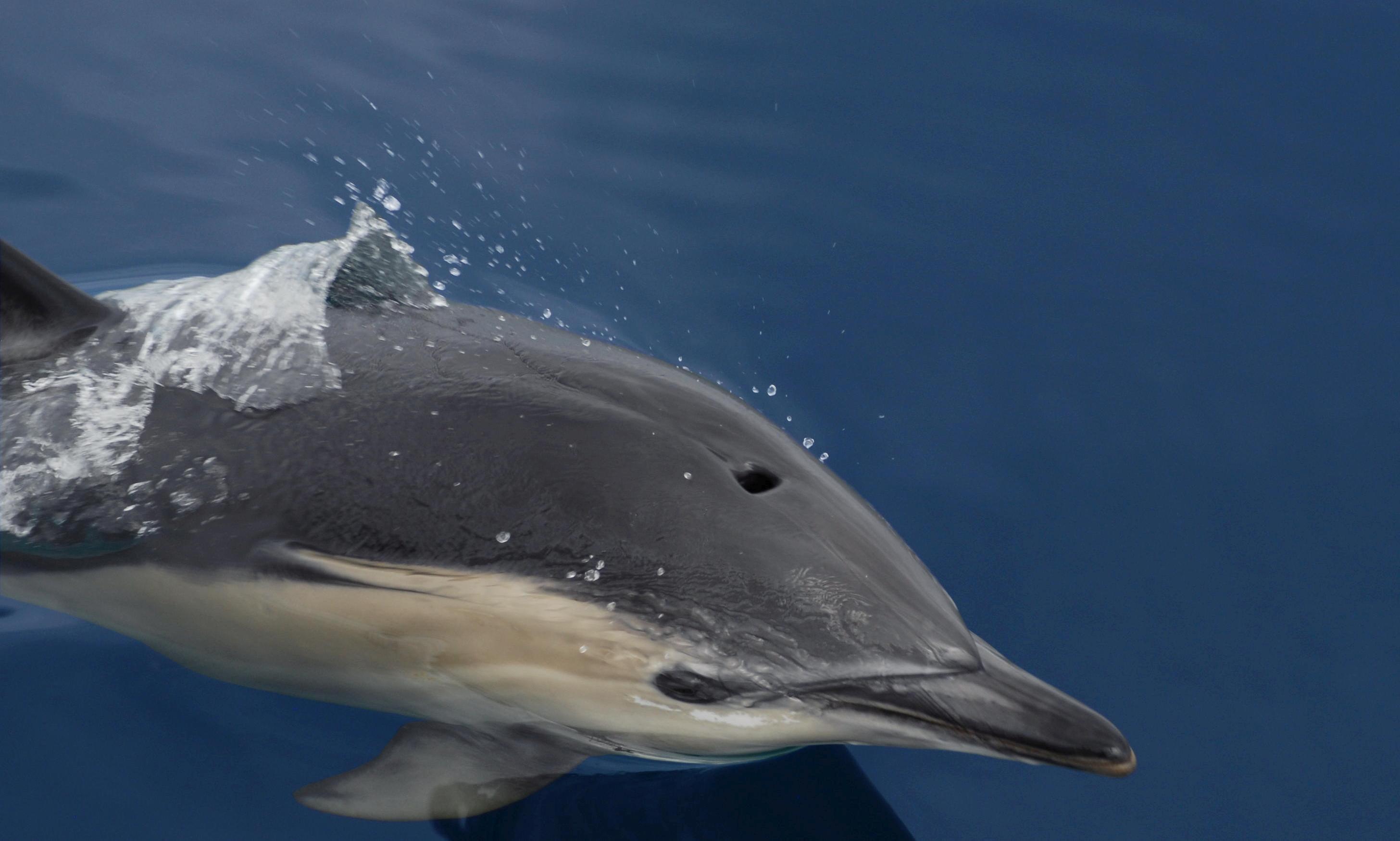Mission
The Azores is the remotest archipelago in the north Atlantic, comprising nine volcanic islands rising from the abyssal plane at depths between 1000-2000 metres. With an intricate topography, including more than 460 seamounts and other seamount-like features, and complex oceanic circulation, the Azores support rich and diverse underwater ecosystems that attract a large number of marine megafauna, including more than twenty cetacean species. On a migratory crossroads that link eastern and western Atlantic, and sits between the boreal productive waters and the tropical seas to the south, the Azores hosts multiple essential megafauna habitats. This setting offers a rare opportunity for marine research and conservation action.
The Azores Whale Lab – Cetacean Ecology Group was established in 2016 within the Institute of Marine Sciences (Okeanos), University of the Azores, stemming from a handful of motivated researchers and students who started their work in the early 2000’s. At the core of the Lab research lies an interest in animal behavioural decisions and on understanding how these decisions are shaped by environmental, social, physiological, and anthropogenic factors and how this, in turn, influences their response to environmental change and exposure to human-related pressures. In addition, this research group is actively involved in ocean governance and policy development, working closely with the Azorean and Portuguese governments and serving in non-governmental organizations and expert groups worldwide.
-
The Azores Whale Lab is located in Horta (Azores, Portugal), at the Okeanos R&D Center of the University of the Azores.
Coordinates: 38.5417N; 28.6269W
-
Ph: + 351-292-200-430
Address: R. Prof. Frederico Machado 9901-862-Horta-Portugalazoreswhalelab@gmail.com









